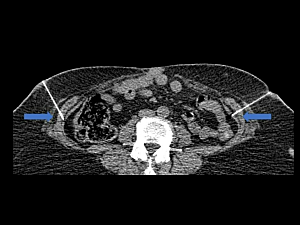Transcriptional Profile Overlaps in PPI-Responsive and -Nonresponsive Eosinophilic Esophagitis

Researchers at Brigham and Women’s Hospital hypothesized that differences in mucosal gene transcript expression might explain the differences in PPI treatment response. Instead, they found the transcriptional profiles in patients with PPI-responsive and -nonresponsive eosinophilic esophagitis are remarkably similar.
Read More...







